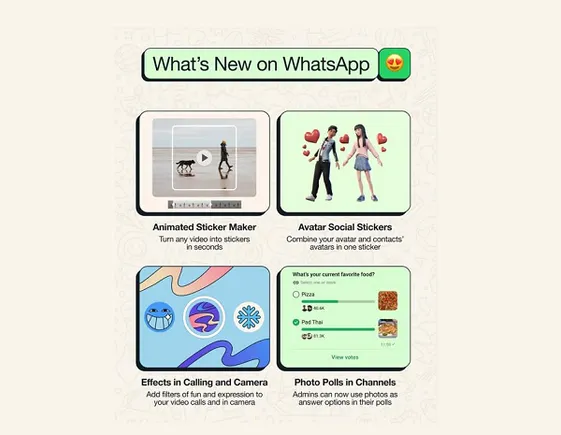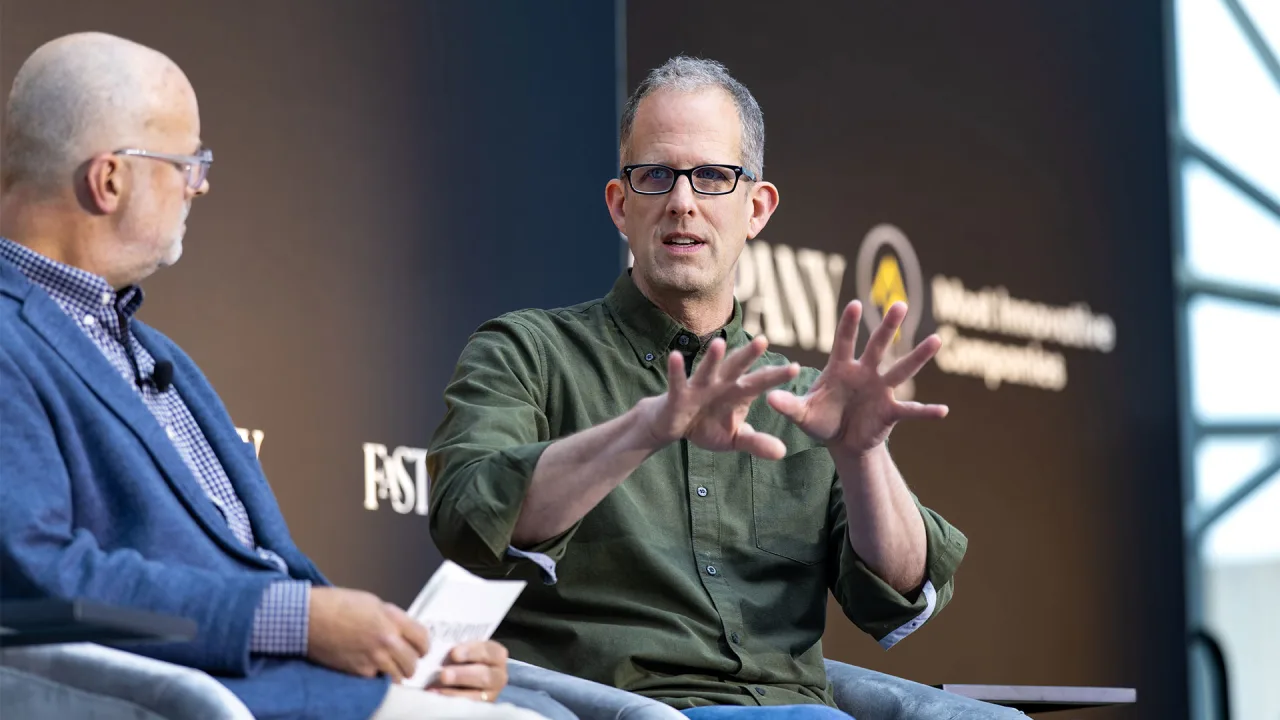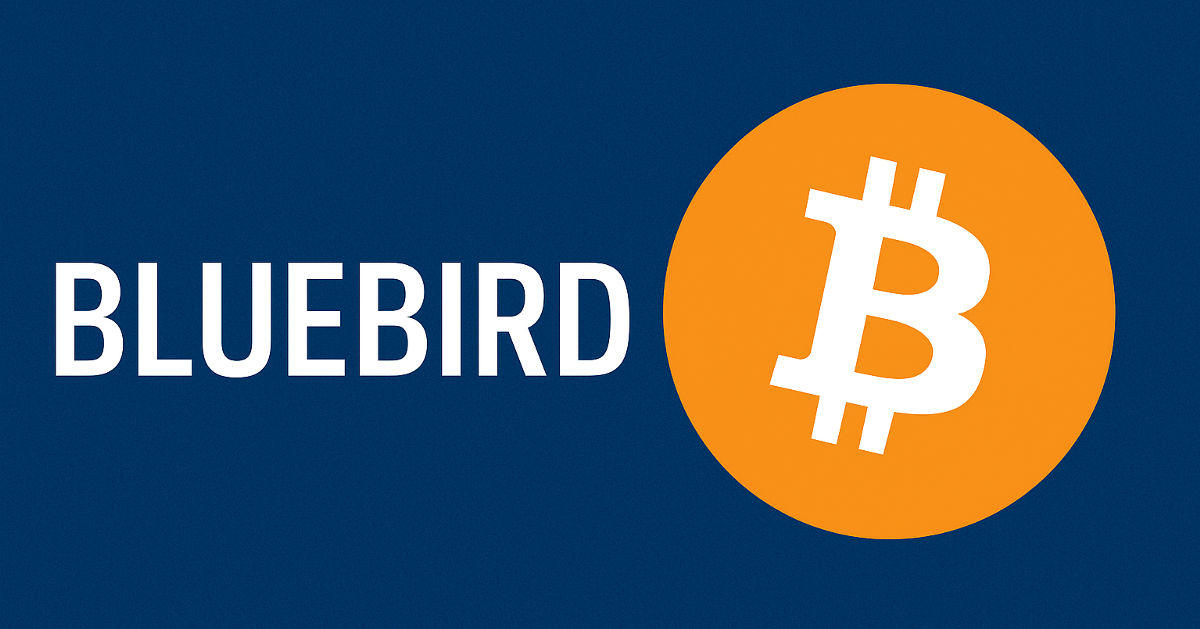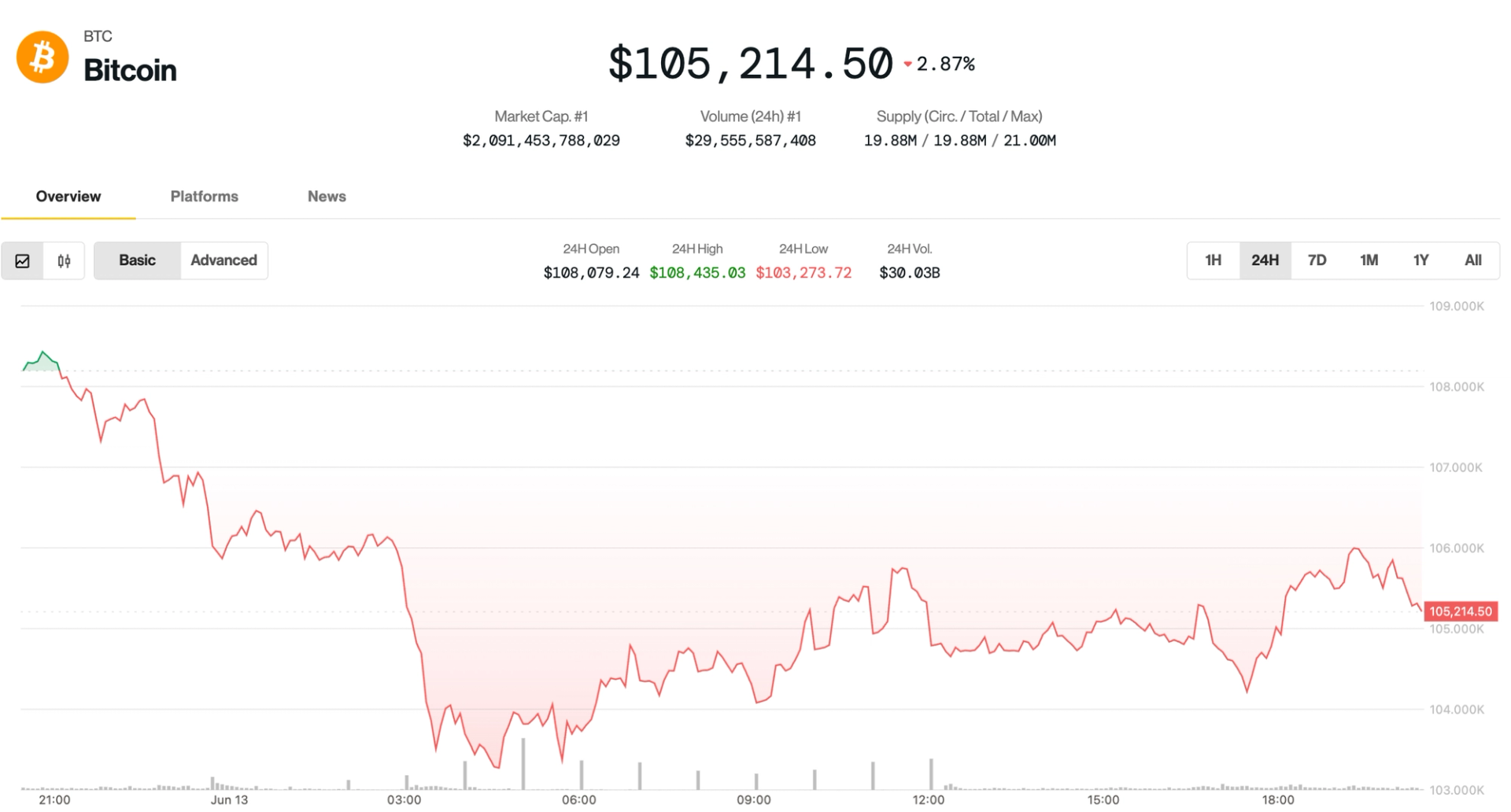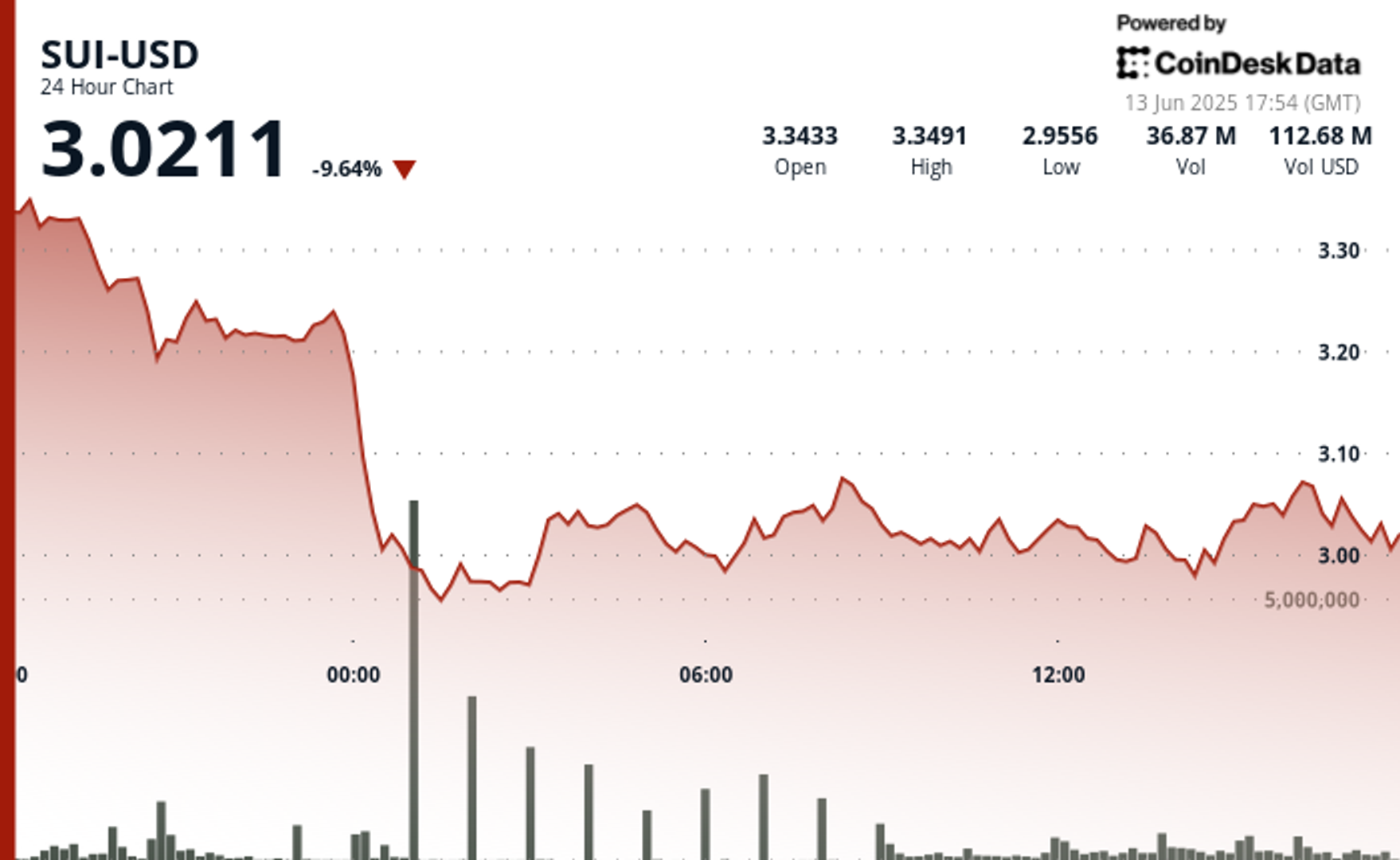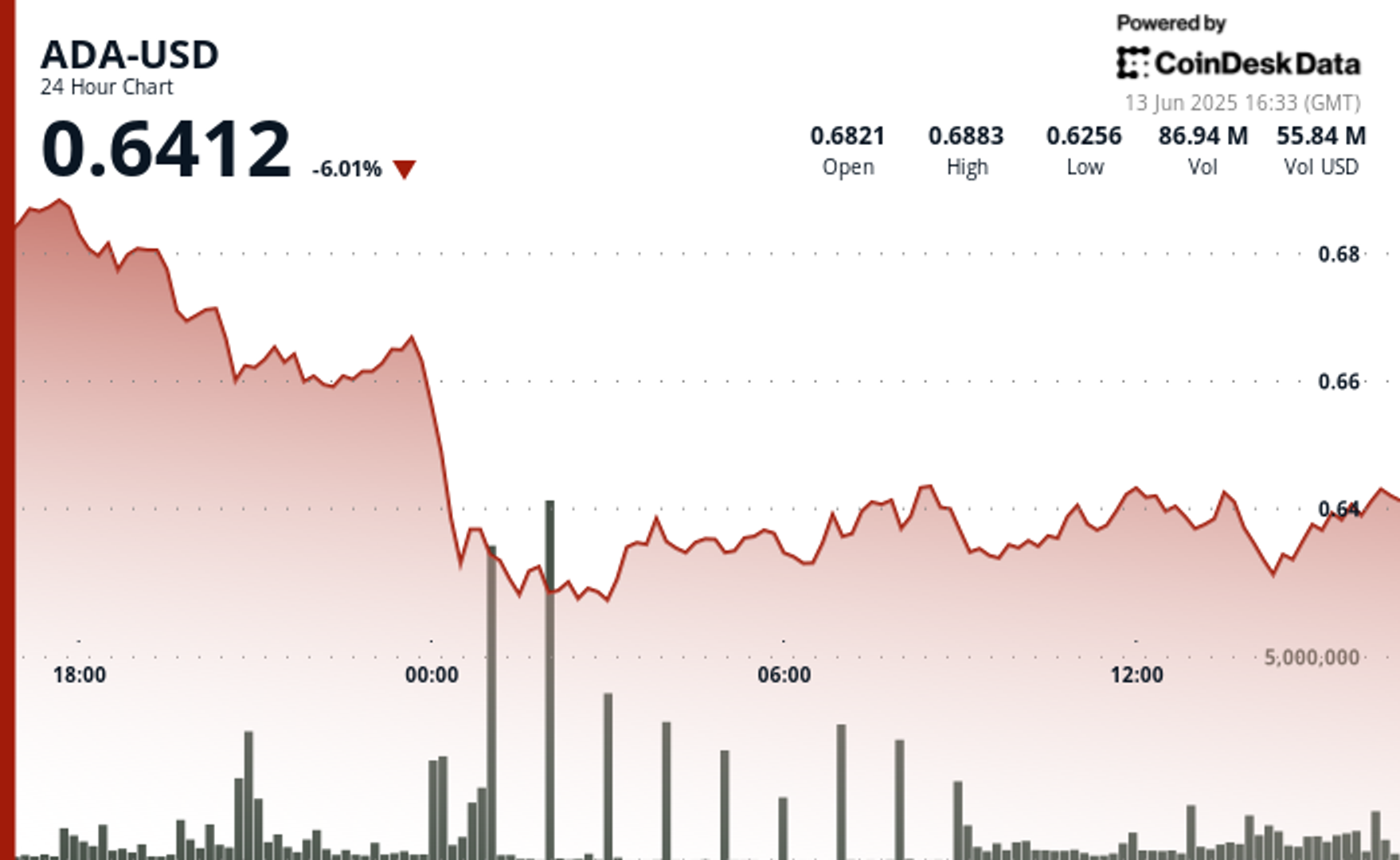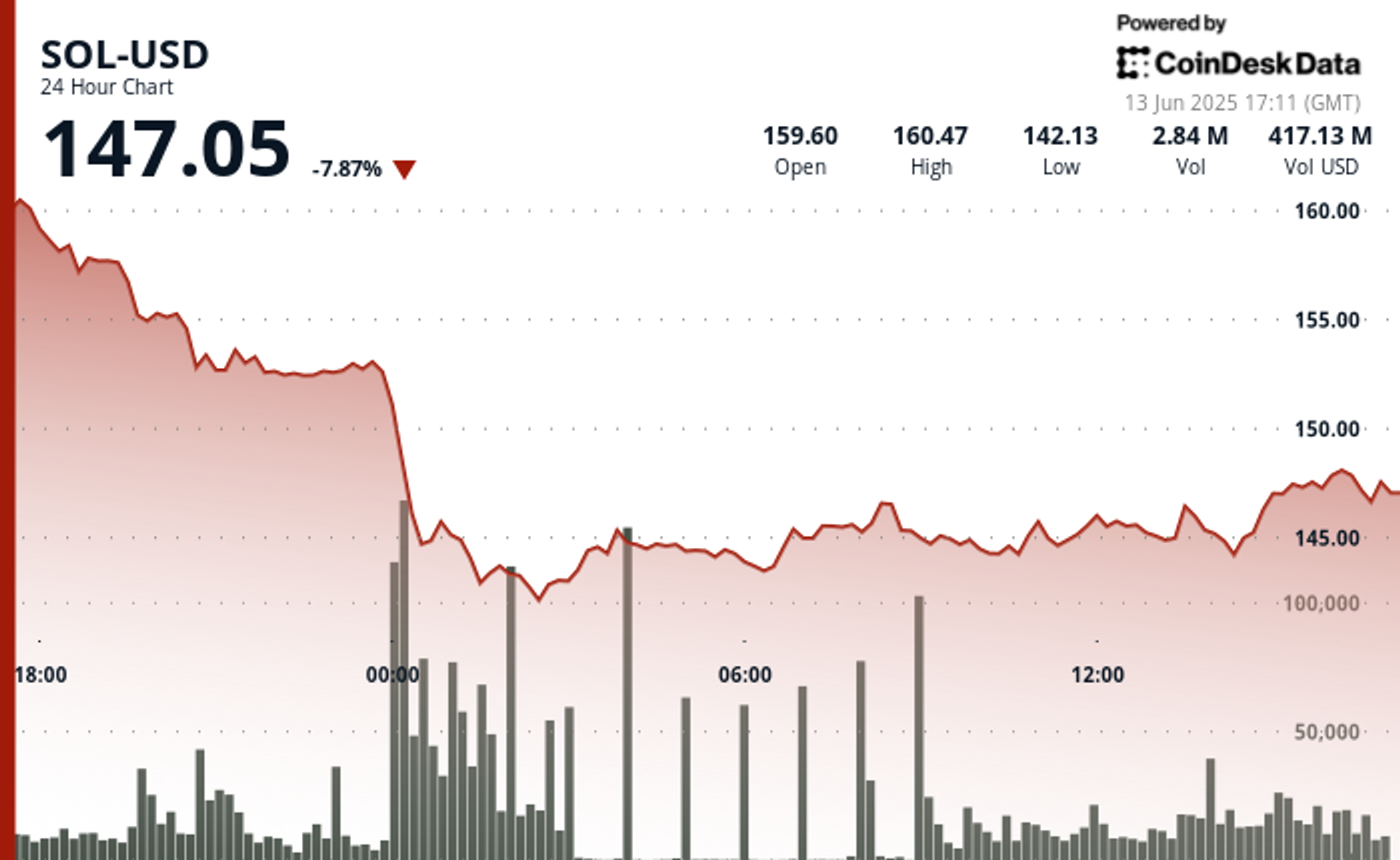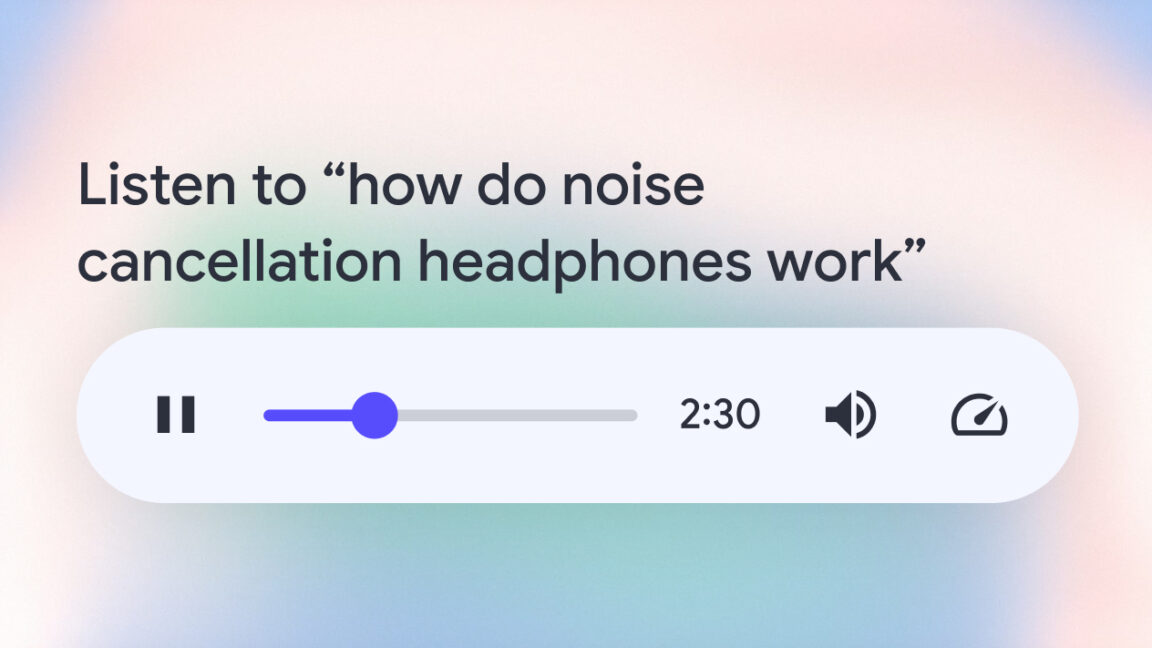Are entry-level jobs for new graduates disappearing? Here’s what the data says
Unemployment remains low, but those just entering the market are having an increasingly difficult time finding work.

Good morning!
The labor market is in a strange place right now.
Unemployment figures remain low as the economy continues to add a surprisingly steady number of jobs. But talk to any recent college graduate and a much darker picture will start to emerge, one in which even top tier-students receive hundreds of rejections without a single interview.
The unemployment rate for recent college graduates aged 22-27 ticked up to 5.8% in March, according to research from the Federal Reserve Bank of New York, which notes that the labor market for these young professionals “deteriorated noticeably in the first quarter of 2025.”
“Top-line job openings and unemployment statistics aren’t, in practice, reflecting the experience of new grads entering the workforce,” Mischa Fisher, an economist at Udemy, a provider of online training courses, tells Fortune. “Because entry-level roles are in short supply,”
A few different factors are likely contributing to a tough job market for entry-level workers. After years of a hot labor market during the pandemic, it’s less likely that job hoppers will win wage gains—something that’s keeping workers locked in their jobs for longer. Many businesses are also reeling from the president’s ever-shifting tariff policies, many of which have have frozen hirings until they have a clearer sense of where the economy is headed. And finally, there are signs that executives are actively starting to replace entry-level workers with AI.
That means today’s college graduates have to be a lot scrappier than previous generations if they want to find a job today. That could mean expanding their search to industries or roles beyond their major, or going the extra mile when it comes to reaching out to recruiters and selling themselves to potential hiring managers.
“In the current labor market, new graduates need to find additional signals of skill beyond just a degree,” says Fisher. “From certificates to demonstrated soft skills like communication, the candidates who stand out show they’re already bridging the gap between school and skills acquisition.”
You can read more about why entry-level workers are struggling to find their footing on the corporate ladder here.
Brit Morse
brit.morse@fortune.com
This story was originally featured on Fortune.com





![X Highlights Back-To-School Marketing Opportunities [Infographic]](https://imgproxy.divecdn.com/dM1TxaOzbLu_kb9YjLpd7P_E_B_FkFsuKp2uSGPS5i8/g:ce/rs:fit:770:435/Z3M6Ly9kaXZlc2l0ZS1zdG9yYWdlL2RpdmVpbWFnZS94X2JhY2tfdG9fc2Nob29sMi5wbmc=.webp)
